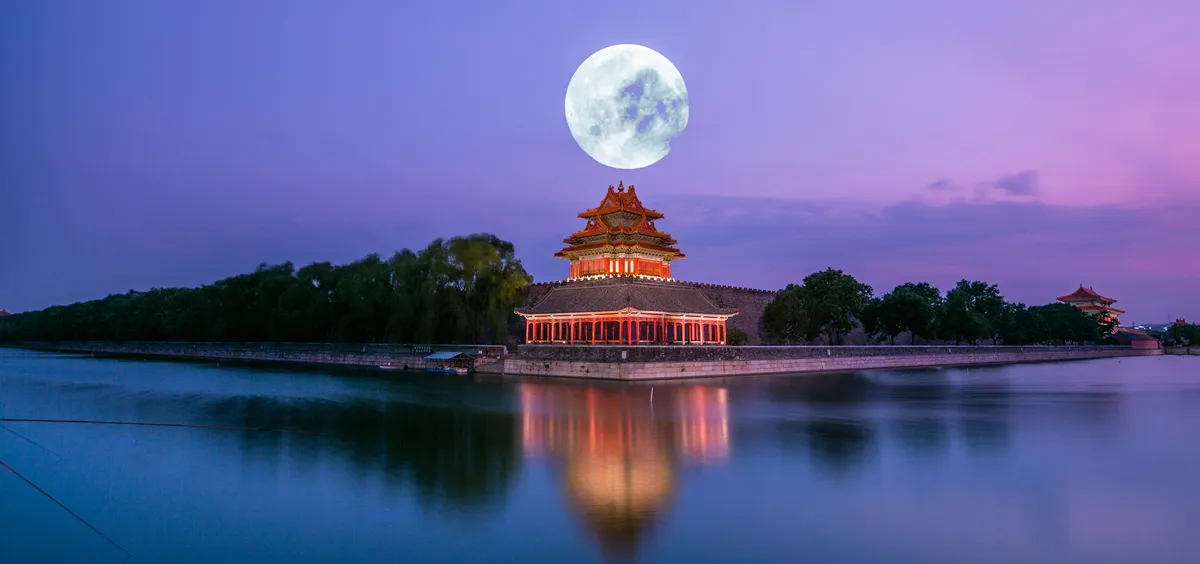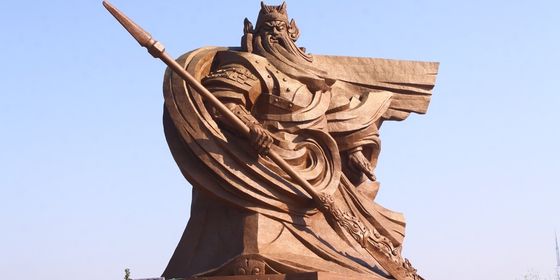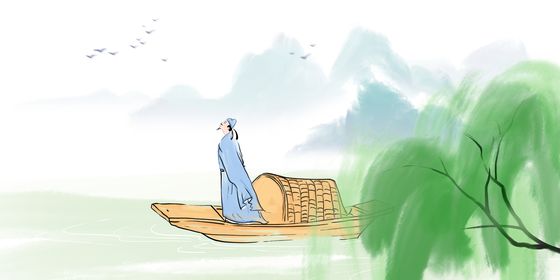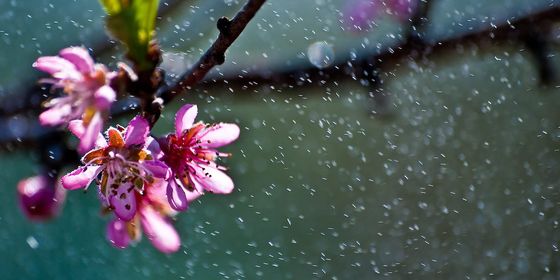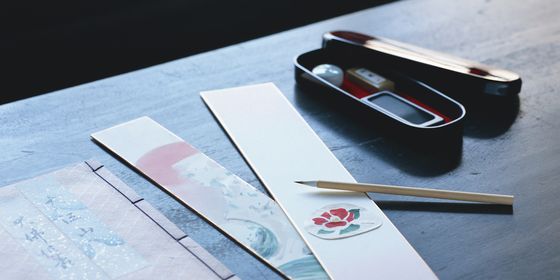Centuries before China’s space program, Chinese poets pined for the moon in six classic poems
Despite his power and uncompromising nature, Cao Cao (曹操), the famous warlord who paved the way for the founding of the State of Wei in the Three Kingdoms period (220 – 280), was utterly resigned on one matter. As he wrote in a poem:
明明如月, 何时可掇? 忧从中来, 不可断绝。
Bright is the moon in the sky, when can I ever embrace it?
Sorrow is born inside the heart; it can never be brought to an end.
– “A Short Song” (《短歌行》)
It took another 1,700 years before mankind finally made that giant leap and ended Cao Cao’s sorrow on July 16, 1969. Today, several countries in the world, including China, have lunar exploration programs. At the time of writing, China’s Jade Rabbit-2 lunar rover has stayed on the far side of the moon for 500 days. In 2020, China also plans to launch its Chang’e-5 probe, which will bring back rock samples from the moon if successful. Meanwhile, NASA’s Artemis program is even more ambitious, with the goal of landing “the first woman and the next man” on the moon.
Looking back, ancient Chinese poets developed a strong attachment to the celestial, a common theme in their works. Besides human curiosity, these romantic ideas and emotional attachment to the heavens have inspired mankind’s exploration of outer space: China’s Mars probe is named Tianwen-1, after one of poet-officialQu Yuan’s (屈原) famous works, “Heavenly Questions” (《天问》).
Cao Cao was not alone in wondering about reaching out to the moon, with lunar themes found in many Chinese poems. The greatest romantic poet in Chinese history, Li Bai (李白), also had the same idea.
人攀明月不可得,月行却与人相随?
Why is it impossible to climb to the bright moon,
yet the moon follows us everywhere?
– “Holding Wine and Inquiring the Moon” (《把酒问月》)
In the same poem, he wonders at the constance of the moon despite the flow of time.
今人不见古时月,今月曾经照古人。古人今人若流水,共看明月皆如此。
People today haven’t seen the moon in ancient times,
but the moon today has shone over the ancient people.
Past or present, people are like water ever-flowing,
but the moon they share remains unchanged.
Echoing his ideas was poet Zhang Ruoxu (张若虚), who lived a few decades before Li Bai, and whose poem “A Moonlit Night on the Spring River” (《春江花月夜》) was widely regarded as one of the best works of the Tang dynasty (618 – 907). In this 252-word poem, Zhang used the character “yue” (月, moon) 27 times, for example:
江畔何人初见月? 江月何年初照人?
人生代代无穷已,江月年年只相似。
By this riverside, what person was first to see the moon?
This river’s moon, what year did it first shine upon people?
Generations after generations of human life, not at all does it deplete,
The river’s moon is still the same year after year.
Of course, when the famously wine-loving poet Li Bai was drunk, the task of reaching out to the moon seemed a lot less daunting:
俱怀逸兴壮思飞, 欲上青天揽明月。
Our aspiration rises high, and we are about to fly into the sky and pull the moon into our arms.
– “Seeing Off Uncle Yun” (《宣州谢朓楼饯别校书叔云》)
The moon is frequently depicted in ancient Chinese poetry and prose, and used to reflect the writer’s emotions. A crescent moon or a waning moon represents sorrow:
无言独上西楼,月如钩。寂寞梧桐深院锁清秋。
Wordlessly, I climb the west tower,
Lit by a hook-shaped moon at a late hour.
In late autumn phoenix trees are locked
Deeply in the lonely courtyard blocked.
– Li Yu (李煜), “Xiang Jian Huan” (《相见欢》)
思君如满月,夜夜减清辉。
Thinking of you, I am like the moon at the full,
That nightly wanes and loses its bright splendour.
– Zhang Jiuling (张九龄),
“Composed Since You Have Been Gone” (《赋得自君之出矣》)
But a full moon doesn’t always represent happiness or perfection. To Su Shi (苏轼), the Song dynasty’s (960 – 1279) most renowned literatus, the moon’s changing phases reflect our imperfect human experience, as concepts of union and separation, joy and sorrow are constantly changing just as the moon constantly changes form:
人有悲欢离合,月有阴晴圆缺。此事古难全。
Men have sorrow and joy; they part or meet again;
The moon is bright or dim and she may wax or wane.
There has been nothing perfect since the olden days.
– “Shuidiao Getou” (《水调歌头》)
Cover image from VCG





